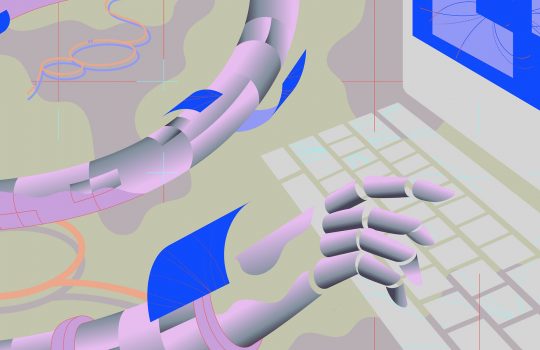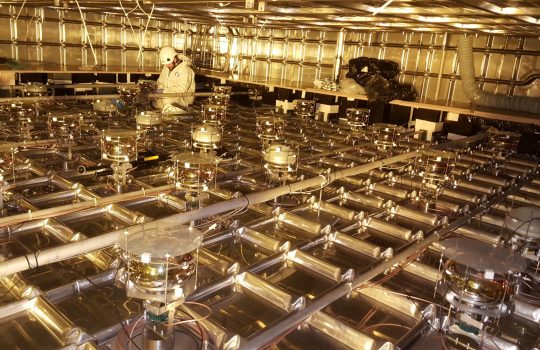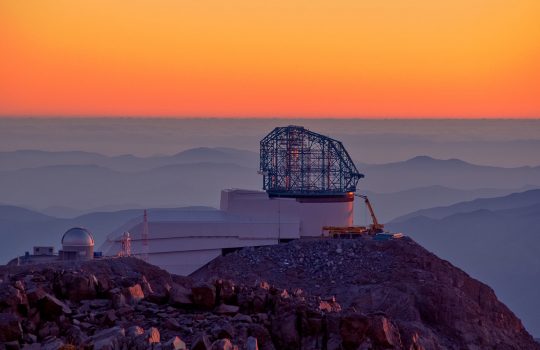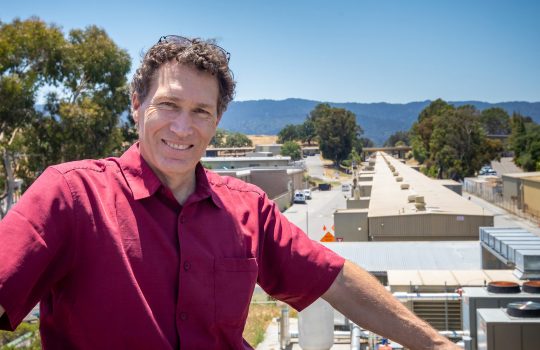The future of particle accelerators may be autonomous
Particle accelerators are some of the most complicated machines in science. In today’s more autonomous era of self-driving cars and vacuuming robots, efforts are going strong to automate different aspects of the operation of accelerators, and the next generation of particle accelerators promises to be more automated than ever. Scientists are working on ways to run them with a diminishing amount of direction from humans.




